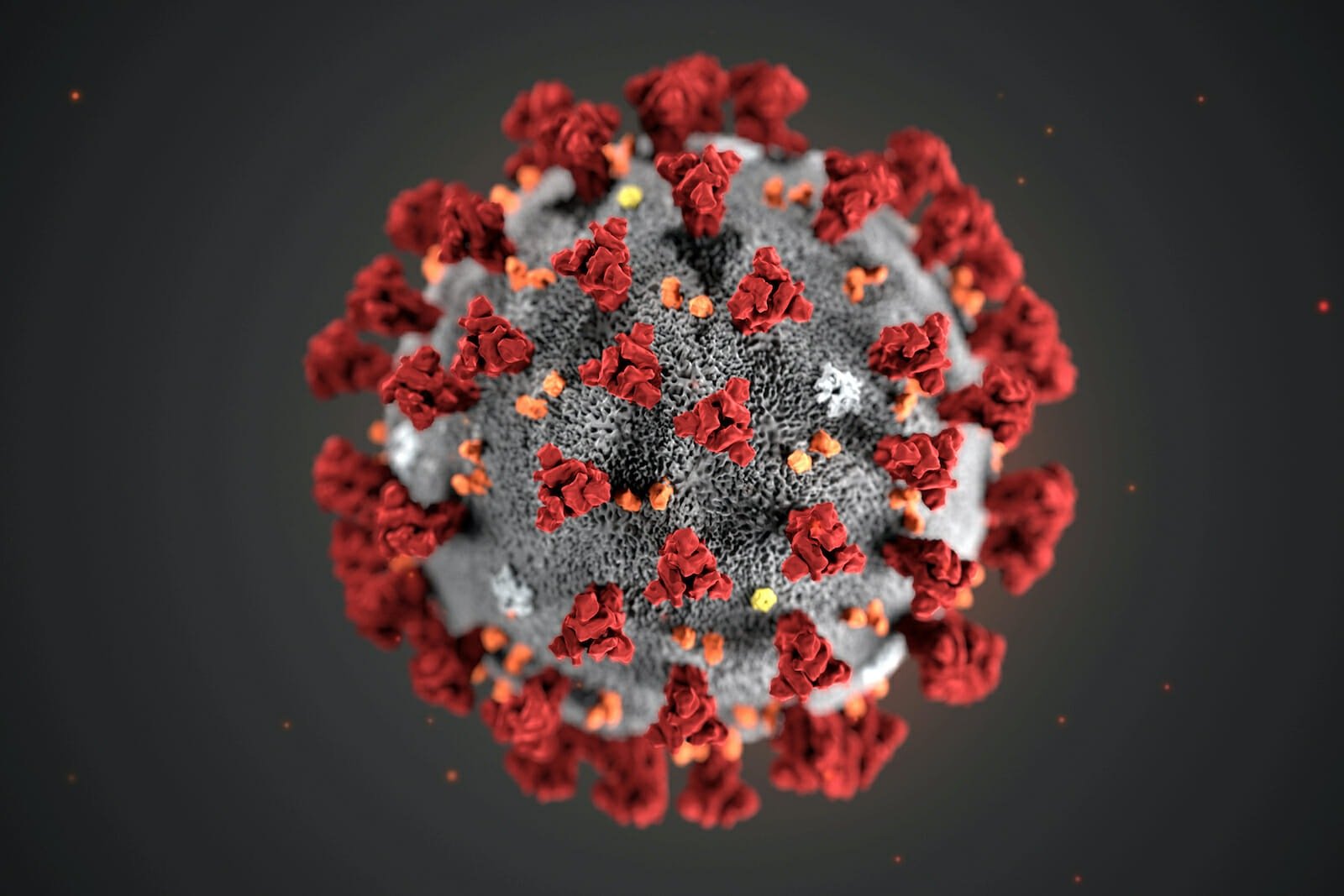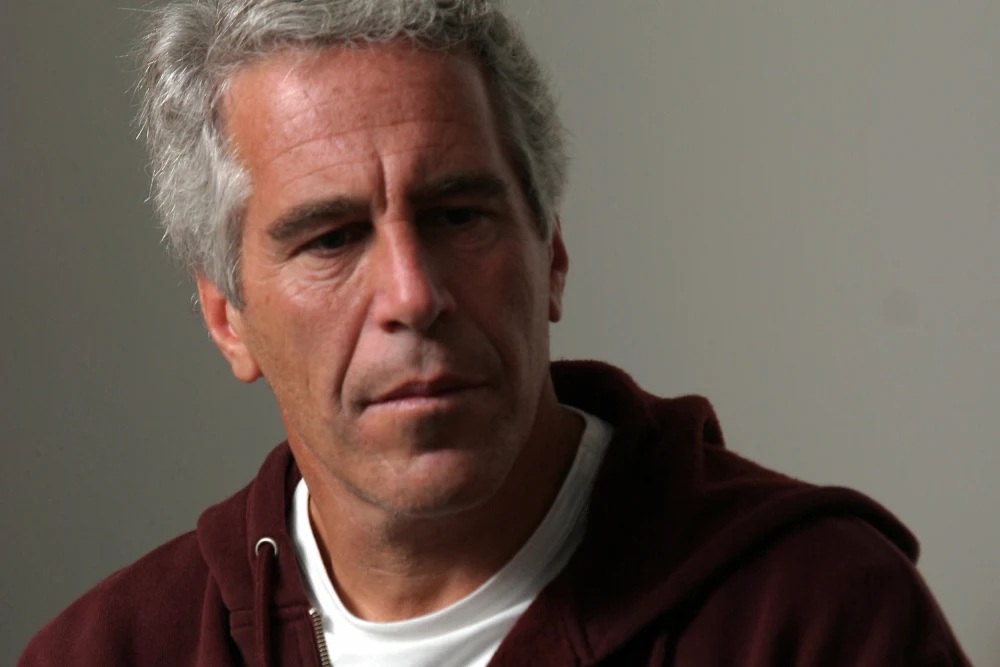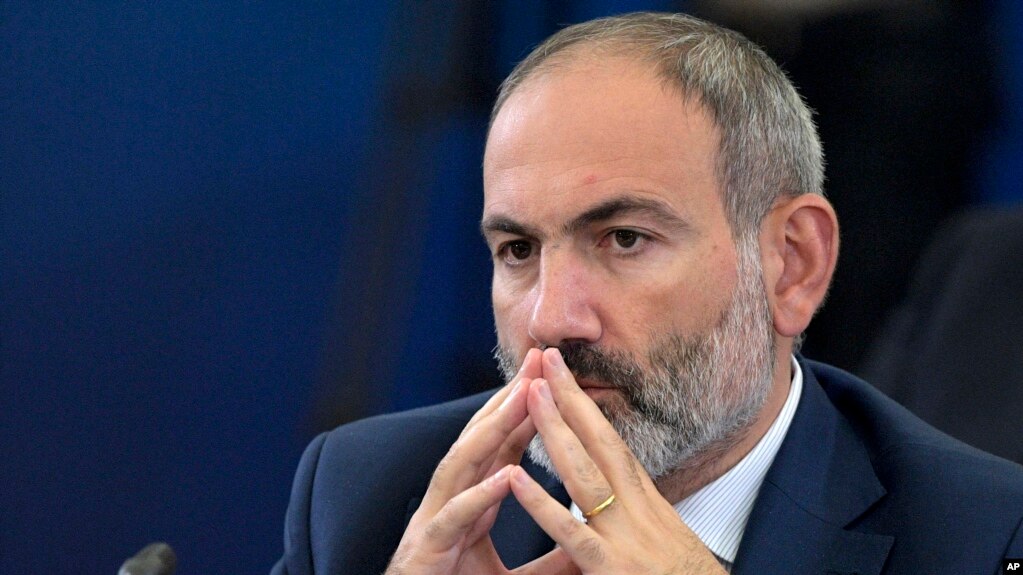
The Coronavirus-hysteria has gone viral. Global media outlets report on nothing else but the consequences of what the World Health Organisation (WHO) stamped a pandemic weeks ago. In unprecedented moves people are told (forced) to stay home under lockdowns. Economies are being shut down, while the future consequences are largely ignored. Is the global Covid-19 hysteria fair? Are all the economic measures necessary or are there other forces at play?
By Arthur Blok
In exceptional cases like the current corona crisis where most opinions and media reports are telling that one same story, it is much needed for someone to look in different directions. Try to unveil untold facts, and ask the right questions.
Does the severity of the Coronavirus justify such draconian measures such as social lockdowns and a shutdown of large parts of the global economy? Hourly updates on Facebook, Instagram, Twitter and personal blogs almost reveal a certain excitement to these measures while the collective insanity keeps on growing. Leading economists expect that as a result many small and medium size enterprises will go bankrupt if the economic shutdown continues far into April. A large chunk of the workforce will lose their jobs, and consequently be unable to pay their bills.
Without exaggerating it is safe to say that a new economic crisis is upon us. A crisis that will make the financial crisis of 2008 look like a quiet Sunday afternoon in the park. Most economic experts seem to agree on this simplistic hypothetical post-corona economic analysis.
Corona facts
Despite it being stamped as a once-in-century pandemic the figures are not what you would expect. On March 27 globally roughly 550.000 people have been confirmed as infected by the disease, which has killed a bit more than 24,000 people since December. Almost 125,000 people have recovered worldwide.
From the current active corona-cases (almost 400.000 people), 95% have very mild flu like symptoms, while just 4% are in a serious or critical condition. A few days ago the WHO declared that in mainland China new Coronavirus cases have dropped significantly. In the past week less than 50 new cases were confirmed by officials. In South Korea, and in many Europeans countries new cases are also declining or stabilizing.
From the active corona-cases so far almost 378.000 have been described as mild, just 5% of the patients got seriously or critically ill. The WHO estimates the Coronavirus' fatality at around 2%. For comparison, the case fatality rate for SARS was 10%, and for MERS 34%, and up until now seasonal flu is far more fatal.
Every year an estimated 300,000 to 650,000 people die in the world due to complications from seasonal influenza (flu) viruses. This figure corresponds to 800 to 1,780 deaths per day due to the seasonal flu. Despite these clear facts, the global panic is growing and being fed by both the WHO and the mainstream media.
Why not have mass media coverage and daily updates on seasonal flu deaths? Or live coverage of people that die every day in traffic accidents, or of air pollution? Why not go live to hospitals every evening on prime time to report on more than 10 million people who die of cancer annually?
Any sane person could argue: is it necessary to shut down large parts of national economies to protect such a small percentage of people that gets complications with the Coronavirus? Does it not make more sense to spend the hundreds of allocated billions of dollars to protect this small group, and protect them intensively until the virus is under control or when a vaccine is available?
Without doubt it is much cheaper and easier to organize than to shut down economies and force whole nations to stay inside without clear - health - benefits and then use billions of tax payers money to fight the symptoms of that decision. Why do governments participate in creating mass panic under the population, instead of publicly asking the right questions?
WHO
A questionable role in this scenario is being played by the WHO. Instead of slowing down the panic, it is feeding it. For example by the daily updates of WHO director general Tedros Adhanom Ghebreyesus a former Ethiopian minister. During Tedros’ three year campaign to win the WHO post he was charged by health professionals to have covered up cholera epidemics in both Ethiopia and Sudan in order to avoid embarrassing the two African regimes.
After visiting China - one of his main backers to become WHO chief - late January he immediately complimented the Chinese authorities for the way they dealt with the crisis and said they should become a model for other nations. While China tried to cover up the virus’s outbreak and silenced whistle-blowers. He also did not set foot in the city of Wuhan, the epicentre of the virus.
By that time the Hubei province and Wuhan were under complete lockdown. The head of the WHO mission in Wuhan at the time said there was no evidence of a 'hidden iceberg', but did admit he did not visit 'every single place'. Up until now it remains unclear what has really happened. No independent investigators or journalists were there at the time to report.
After his visit the WHO boss declared the Coronavirus a ‘Public Health Emergency of International Concern’ while at that moment only 150 cases were known outside China. Soon afterwards, 11 March, he stamped it a global pandemic. Not one world leader questioned the role WHO played until that very moment. No clear scientific data had been shared by China or the WHO in support. What were the motivations to raise the global alarm in that way and create panic?
While being a minister Tedros became close friends with former US president Bill Clinton and began a close collaboration with the Clinton Foundation and the Clinton HIV/AIDS Initiative. He also developed a close relation with the Bill and Melinda Gates Foundation. Coincidentally both large private donors and advocates to the WHO.
Event 201
In October last year the Johns Hopkins Center for Health Security, the World Economic Forum and the Bill and Melinda Gates Foundation hosted Event 201 in New York. Event 201 simulates an outbreak of a novel zoonotic Coronavirus transmitted from bats to pigs to people that eventually becomes efficiently transmissible from person to person, leading to a severe pandemic. The pathogen and the disease it causes are modeled largely on SARS, but it is more transmissible in the community setting by people with mild symptoms.
In the simulation the disease starts in pig farms in Brazil, quietly and slowly at first, but then it starts to spread more rapidly in healthcare settings. When it starts to spread efficiently from person to person in the low-income, densely packed neighborhoods of some of the mega-cities in South America, the epidemic explodes. It is first exported by air travel to Portugal, the United States, and China and then to many other countries. Although at first some countries are able to control it, it continues to spread and be reintroduced, and eventually no country can maintain control.
There is no possibility of a vaccine being available in the first year. There is a fictional antiviral drug that can help the sick but not significantly limit spread of the disease. Since the whole human population is susceptible, during the initial months of the pandemic, the cumulative number of cases increases exponentially, doubling every week. And as the cases and deaths accumulate, the economic and societal consequences become increasingly severe. The scenario ends at the 18-month point, with 65 million deaths.
Hidden agenda
A month earlier coincidentally a similar simulation was held at Wuhan airport. Just like with Event 201 it underscored the need for global public-private cooperation to mitigate severe economic and societal impacts when a new virus pops up.
To make it more creepier, when researching Bill Gates many disturbing articles and analyses are popping up. The man seems to be obsessed with vaccinations and the potential threats of virus pandemics. He sponsored multiple simulation events, and owns large shares in pharmaceutical companies. As cherry on the pie Gates appears in a 2019 Netflix documentary predicting a killer virus that could originate in China's wet markets to rapidly infect the world. Of course this can all be mere coincidence.
Without jumping into conclusions why does a WHO boss, who is funded and appointed by the same organisations that organized Event 201, basically telling everyone from day one to be very much afraid and hide? Telling young people that they ‘are not invincible, this virus could put you in a hospital for weeks or even kill you.’ While at that time there was no scientific data to support that.
The WHO is seen by many as a credible source in global health issues. Governments are taking its advice seriously. Founded in 1948 as a specialized agency of the United Nations, it has a broad mandate to act as a coordinating authority on international health issues. Yet there is no real control over the people that work there, nor is it regulated by any independent committee. It is also unclear if private donors like Bill Gates demand anything in return for there generous contributions.
Any organization that makes such bold statements, should be continuously be subjected to scientific counter checks to see if all the information they send into the world is accurate and serve the people’s need. Instead it is led by a disputable figure that in the case of the Coronavirus made disputable statements and instigated global panic. Should it not the job of the WHO to prevent such scenario’s to unfold? Is the WHO not there to help and protect international health, instead of instigating global panic?
As a result an unprecedented Coronavirus hysteria is upon us. It is everywhere around us in the world with social lockdowns and shutdowns of national economies as a result. While the facts do not necessary justify that. If we continue like this for a few months more, the damage to the world economic system will be immense. It could even be demolished. Without pointing fingers, or getting into disputable conspiracies you should ask the question who - or whom - has an interest or benefit to do that?
The answer to that question is something that should be individually made. When doing so take above mentioned figures and developments into consideration. Try to see the larger picture, and always ask the right questions.
Arthur Blok is the Executive editor-in-chief of the Levant News.







Well, if I may, I find a lot of gaps in your analysis, starting by the numbers you shared: Flu death incidence worldwide is 0.1%, in Itlay the death rate of Covid-19 is 10%: with 80.000 confirmed cases and 8000 death, true not all get diagnosed, and the rate is definitely lower than that but it is not comparable to the flu rates.
On the second hand, not one government worldwide took the measures needed in due time. Mr. Boris Johnson now infected and locked home wanted to test the Herd immunity, getting rid of the old-costly-on-government-budget-old-grandpas.
Last, I think the whole economical system as it was up until the pandemic was failing: taxes and taxpayers are unable to live a decent life and in theory, are working for free if not in debt for the tax collectors. I think if the world should take advantage of this, they should all put all scores to zero, and start fresh from scratch with a new global economical approach to all the problems the citizens of the world are facing: starting with how dispensable they are.
Dear Biba,
Thank you very much for taking the time to react to this article. However, the figures used are correct. The comparison with seasonal flu is valid. The whole idea of this article is that you can not make any conclusions nor statements without valid data.
Currently there is no credible data from Italy available: unless a representative part of the population would be tested and all factors like age and pre-conditions are included one can support your interpretation. It's not a matter of believing the analysis or not, it is about asking the right questions and taking the right measures with correct data at hand. There comes by that the flu data used in this article is provided by the WHO itself (it is an average conservative estimatation).